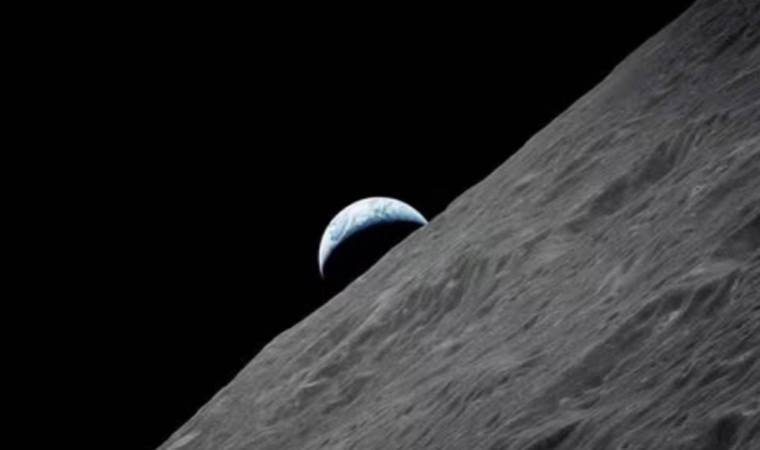Moon cargo sparks legal debate: Human ashes and drink containers in focus
The moon, targeted for everything from human ashes to sports drink containers, has seen a surge in interest as NASA aims to make this celestial neighbor more accessible. Yet, concerns about U.S. oversight and the moon's proper use are escalating.

Private companies and new space nations are planning lunar landings, joining historical artifacts on the moon. Proposals range from human remains capsules to lunar advertising and even a giant Christian cross constructed from lunar soil.
Leslie Tennen, a space law attorney, emphasizes the importance of preventing contamination, not just biological and chemical, but also litter. A recent U.S. mission carried human ashes and a can of Pocari Sweat to the moon, raising questions about the moon's use.
Currently, U.S. law permits any payload on the moon, subject to FAA approval regarding public health, national security, and international obligations. However, no specific laws or standards govern activities on the lunar surface, despite NASA's vision for moon bases and a commercial marketplace.
Experts in space law fear the lack of regulations could lead to conflicts among U.S. companies, and other countries, and international disputes over lunar activities possibly interpreted as territorial claims.
Justin Park's ambitious plan for a lunar Christian cross and Celestis' space memorials, including those on Astrobotic's lander, have sparked debate over the sacredness of the moon and the respect for diverse beliefs.
NASA, while currently not regulating lunar payloads, acknowledges the potential for future standards. The Commercial Lunar Payload Services program focuses on successful landings but is open to evolving regulations.
International Treaty and Industry Regulation
The absence of clear lunar regulations poses a challenge to the 1967 Outer Space Treaty, requiring countries to supervise non-governmental space activities. The space industry and U.S. policymakers are in a tug-of-war over how to regulate these new commercial ventures without stifling innovation.
With few countries having moon behavior standards and unclear international laws, space lawyers like Martha Mejía-Kaiser urge immediate, global discussions on lunar activities to guide future moon exploration and use responsibly.



